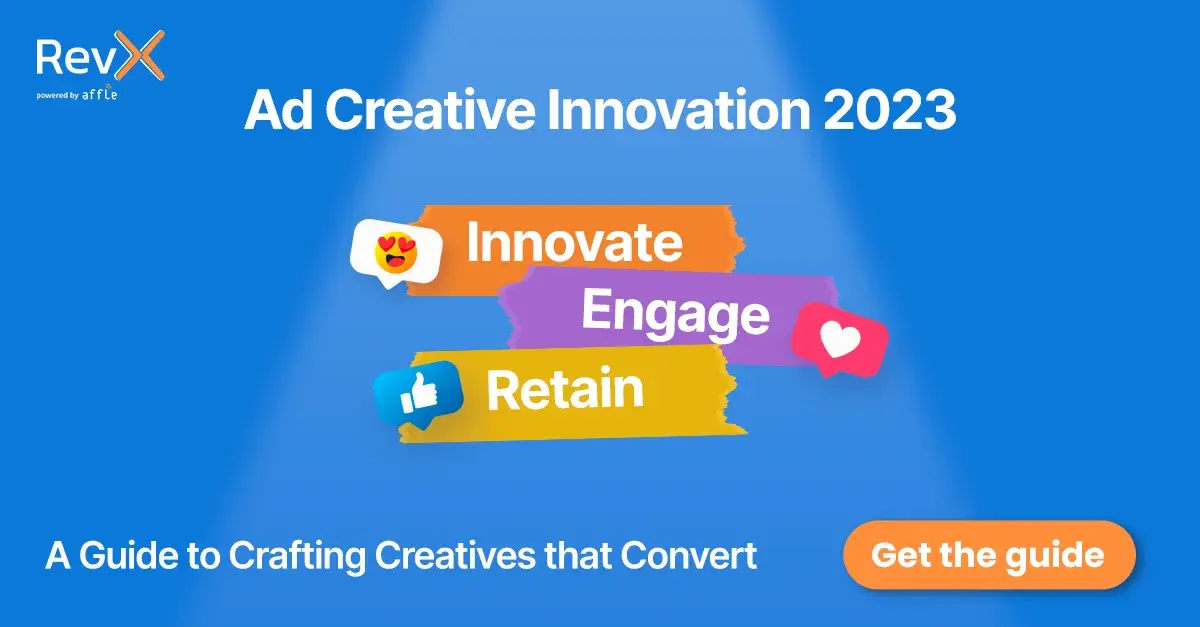Sustainable growth and revenue matter now more than ever. In the aftermath of a challenging and unusual year,
mobile shopping businesses are working towards a new wave of growth in 2021.
During 2020, eCommerce experienced a dramatic shift from offline to online. Users needed convenience, and speedy deliveries and online served those needs. Just in the US, $53.2 billion were spent on mobile, which accounts for 55% YoY growth.
The trend still holds this year. 62% of consumers purchased from marketplaces since the pandemic was declared, while 55% say they’ll continue to do so regularly in the following six months.
As more eCommerce apps blossomed to serve users’ demands, that growth was accompanied by increased competition. Users are well informed and naturally expect a great in-app ad experience to engage. To deliver on those expectations and to convert engagement into purchases, it is critical for app businesses to build comprehensive campaigns that steer consumers towards a seamless shopping experience.
So, how can eCommerce apps maximise their conversions this year? Retargeting via programmatic advertising is a solid solution.
How to increase your conversions with app retargeting
eCommerce apps can’t miss the opportunity to benefit from a growing market and use their first-party data to segment and identify opportunities to re-engage users. Retargeting is a great channel to promote and push products and drive users to purchase. And there are different ways you can structure your retargeting campaign with specific conversion goals.
Identify your conversion funnel to adjust your targeting
Conversion funnels can look very different for different types of eCommerce apps. Some shopping apps have a faster-converting path, such as offering fast consumer goods and daily consumption items like groceries. For these, a broader targeting strategy might work best, so advertisers don’t have to sacrifice their ROI on the media cost.
For slower converting funnels such as fashion or electronics ones have very different basket sizes and cater to users with very different purchasing intents. In this case, carefully planning a specific category targeting makes more sense. In sum, a one-size-fits-all approach to targeting doesn’t work. Dig into the data and identify where your most profitable users fit your app journey to reach them effectively.
Craft a clear path from ad to in-app
Your ad campaigns’ success depends on communicating a relevant message to your users and giving them an enjoyable and seamless experience from ad to app. No user likes to be interrupted with a message that isn’t relevant and attractive or face too many steps or a broken journey on its path from an ad to purchase. To create ad experiences that meet the users’ expectations don’t forget to implement and test your deep links.
Create personalised recommendations
For many eCommerce apps, product selection is large and diverse. And users make their decisions within milliseconds based on various factors. That’s why retargeting campaigns work best if they can deliver relevant recommendations, fitted to users’ needs and tastes, at the correct time. To accomplish this, RevX uses deep learning algorithms that can analyse and personalise the ad each experience to specific segments of users, so their ad experience is smooth and leads to a conversion action.
Recommendation engines are optimised to decide what products/messages are best to show to specific users based on a defined product sales strategy or goals such as pushing specific product supplies if there is a need to sell a particular stock first.
App marketers are advised to build ad campaigns in ways where recommendation engines are set to suggest different products to specific targeted audiences. And, there is a multitude of options when it comes to this:
- Recommending a purchase based on browsing and past purchase behaviour.
- Personalizing offers based on previous page or product visits.
- Pushing a specific set of products to clear specific stock.
- Giving priority to products that a user may have left in their cart.
- Showing related products to entice a future purchase.
- Price drop alerts.
It’s good to note that a recommendation engine is only as effective as the advertiser’s first-party data quality. To run the campaigns with the desired quality (and consequent good results), advertisers need to provide a comprehensive product feed and dynamically share the product IDs to a retargeting partner like RevX.
Running top-notch personalised creatives
An essential element of the entire ad experience is the creative. For shopping apps, dynamic templates for personalisation, with eye-catching visuals, a crisp tagline clean copy and crystal clear CTA are a winning combination. The creative format to use can vary greatly. The recommendation engines can aid in selecting the best creative format, the products to show to specific user segments to entice them to purchase.
RevX’s AI-powered platform enables advertisers to analyse users’ behaviours in real-time and how they interact with products in the app. Deep learning algorithms can also analyse which products are most visited, how their prices fluctuate, and how consumers navigate from product to product. All this info helps understand users motivations and their shopping habits and guides that conception of better creatives and allows algorithms to respond and adjust accordingly to how users responded to the ads presented.
Don’t discard seasonality
The same tips apply to holidays and specific shopping seasons across markets. Depending on the shopping season, it is possible to anticipate the most likely sought-after products or category of products by users and to rely on product recommendations engines to run your seasonal campaigns based on that data.
Seasonality presents a huge opportunity to run retargeting campaigns because these shopping seasons denote users’ particular purchasing intentions. We can take as examples gift shopping for loved ones during Christmas, or purchasing discounted electronics during Black Friday and Cyber Monday,
The potential for increased revenue is there. Proof: from Nov 1 to Nov 2020, users spent a staggering $115 billion globally during the 11.11 Shopping Festival.
In sum, app retargeting is your ally
In terms of the message to convey in ad campaigns, advertisers need to communicate with users to add value to them to drive them to purchases. Leveraging on recommendation engines, dynamic and personalized creatives and careful targeting show users that you’re paying attention to their tastes, needs and engaging in a way that is more relevant to them. Combining all these factors in your programmatic campaign strategy is what makes a strong ad and in-app experience.



